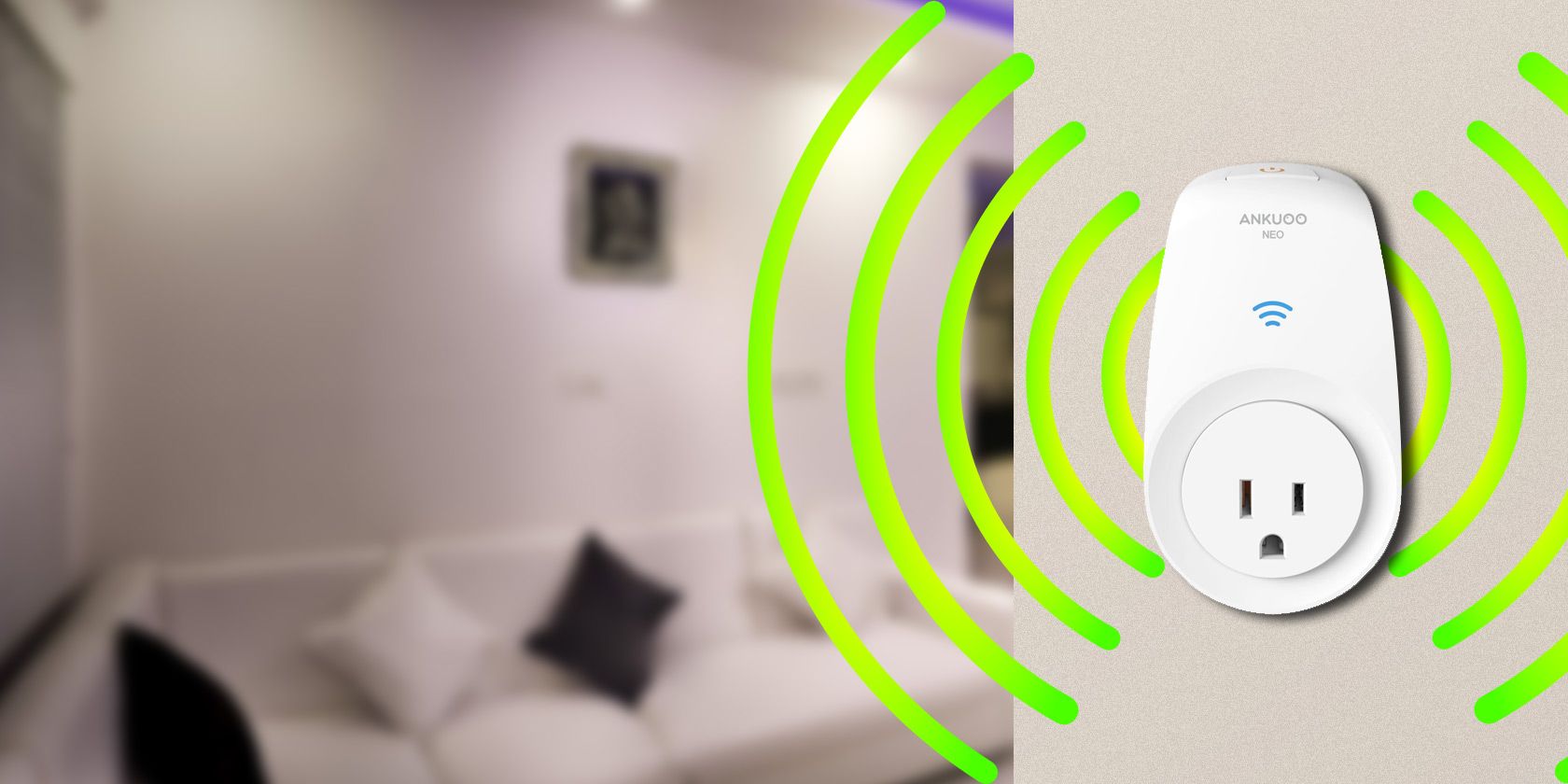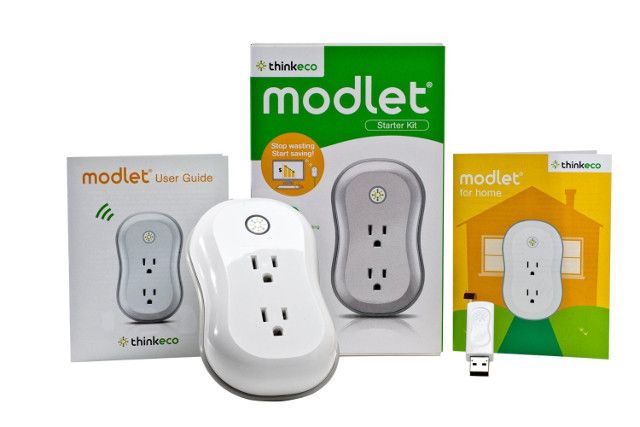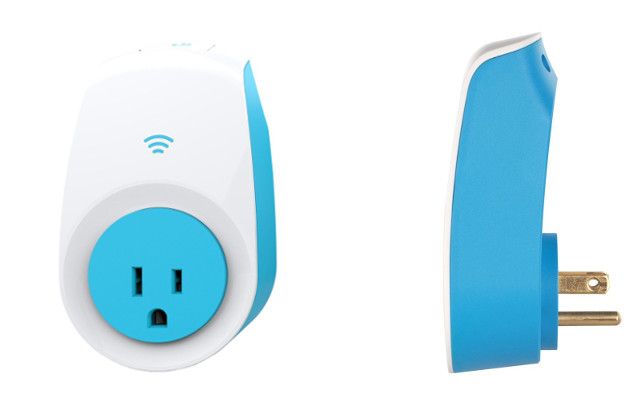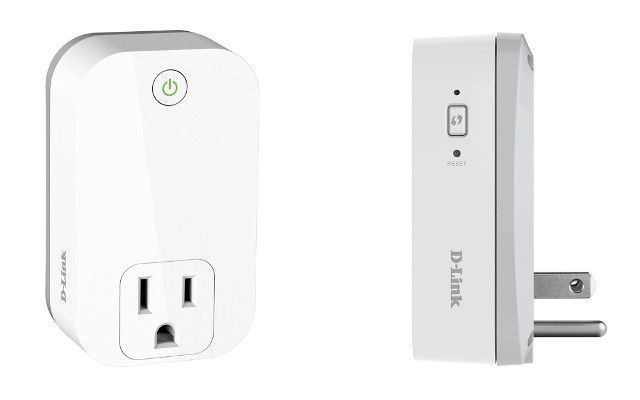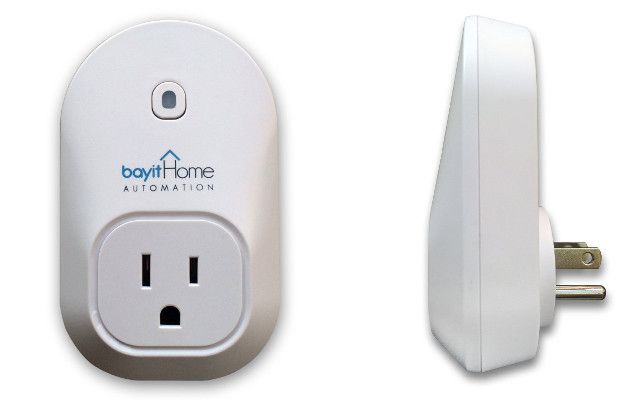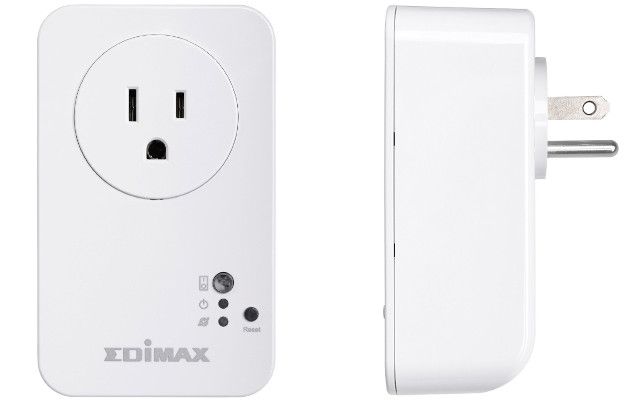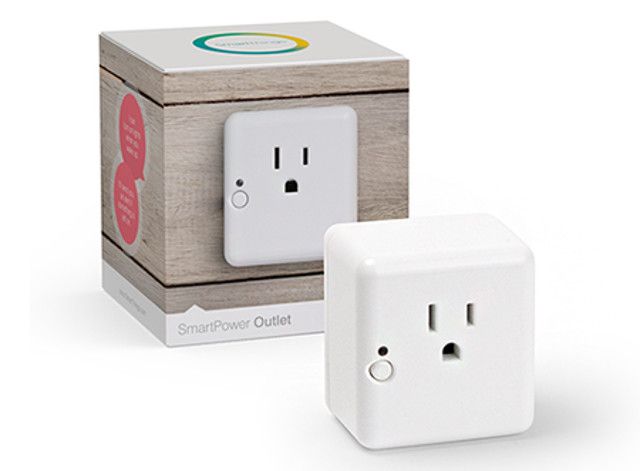If you're looking to start making your home a bit smarter, smart plugs are a great place to start—you'll be able to control your appliances by wi-fi, set up schedules, and with some devices even monitor your energy usage. The Belkin WeMo system is one of the most popular home automation systems, but if for whatever reason you're looking for alternative, here are 6 to consider.
ThinkEco Modlet (from $44)
ThinkEco's modern outlet is designed to give you both control over your appliances and information on how much energy they're using. With power consumption readings every minute, you can get a really good handle on how much power your devices are drawing throughout the day. The Modlet comes with standard schedules that will reduce vampire loads (the electricity your devices consume while they're in sleep or standby mode), and you can create your own custom schedules as well.
With the ThinkEco app you can view your energy consumption and control your outlets directly from your iPhone or Android, making it easy to turn on lights, coffee makers, or air conditioners when you need them.The usage data is transmitted to a USB receiver. And if you use ThinkEco's other devices, like their smartAC air conditioner controller, you can control those as well.
Ankuoo NEO
If you look at enough smart plugs, you'll see that almost every single one has something in common: they're white. Occasionally you come across one that's black. Not the case with the Ankuoo NEO! Beyond the bright colors, this is a pretty standard smart plug; the plug can be controlled via wi-fi or the iOS / Android app, and you can put it on a schedule to save power or make it look like you're home when you're out.
Ankuoo also offers a NEO Pro plug that monitors your energy usage and displays your stats through the app. Due for release soon is the NUT plug, which also incorporates a proximity sensor that will deactivate the plug once you've moved out of range—a great way to turn your heater, coffee maker, or lights off when you leave the house. Ankuoo looks to be a very new company, but has so far garnered good reviews on Amazon.
D-Link Systems DSP-W110
D-Link's first wi-fi smart plug came out to pretty lackluster reviews, but their second offering, the DSP-W110, has a much better reputation. It offers the standard feature set for a sub-$40 smart plug: you can set schedules for on/off, and you can control it via wi-fi or an app when you're away from home.
D-Link's smart home devices emphasize simplicity and ease of use, and their wi-fi plug is no exception. The DSP-W110 lacks both energy monitoring and a catchy name, but it will work with D-Link's other smart home offerings, which will let you set up some basic smart home capabilities on the cheap. The control app is available for both iOS and Android.
Bayit Switch Wi-Fi Socket
Much like the DSP-W110, the Bayit Switch doesn't offer a lot of features, but it does offer a pretty good value. Wi-fi and iOS / Android app-based control and custom schedules let you start your home automation, like every other smart plug, but Bayit claims that it has an intuitive, plug-and-play setup that you can complete in two minutes.
Bayit is a relative newcomer to the smart home scene, with only three products on the market (the socket, a web cam, and wireless LED bulbs), but if they really can provide easy setup at a $40 price point, they could be a company to watch in the near future.
Edimax Smart Plug Switch
Although most of their products are for networking, Edimax has released their first home automation product in the Smart Plug Switch. As with most of the others on this list, it's a very simple one—plug it in, set it up, control it from your iPhone or Android, set up a schedule. Annoyingly, the plugs are packaged with CDs that have instructions on them – not exactly environmentally friendly or useful at all in 2015.
Edimax also has an energy-monitoring version, the Wi-Fi Smart Plug with Energy Management, that provides the same functionality but also records how much electricity is going through the switch and displays it through the Edimax app. At $50, it's on the expensive side of the non-WeMo plugs, but not by much.
SmartThings Smart Power Outlet
The SmartThings outlet only works if you have a SmartThings Hub, but although it doesn't have quite the versatility of the other wi-fi plugs, it does have the strength of the SmartThings brand behind it. In addition to making your outlet controllable by wi-fi and turn on from a schedule, it also extends the range of your hub.
While the other smart plugs are good for starting your process of home automation, the SmartThings outlet will only work if you've committed to the SmartThings system—which isn't a bad choice, as it's one of the better hub-based systems out there (it also has the upside of working with iOS, Android, and Windows phone, which makes it more widely compatible than other options). The upside of that is that setup is likely to be easier than the other plugs on this list.
Which Should You Buy?
If you're looking for a smart plug that's not the Belkin WeMo, you have a number of options. For my money, I'd go with the ThinkEco Modlet, as the wi-fi control combined with the multiple modes of electricity monitoring make it a good deal for $44. However, if you're looking to get into the SmartThings system, or you already have a SmartThings Hub, the Smart Power Outlet is also a good option. There are so many creative uses for smart plugs.
Do you use smart plugs in your home? Or other ways of managing the energy usage of your devices? Have you used any of the ones mentioned here? Or would you recommend the WeMo above all else? Share your thoughts below!

